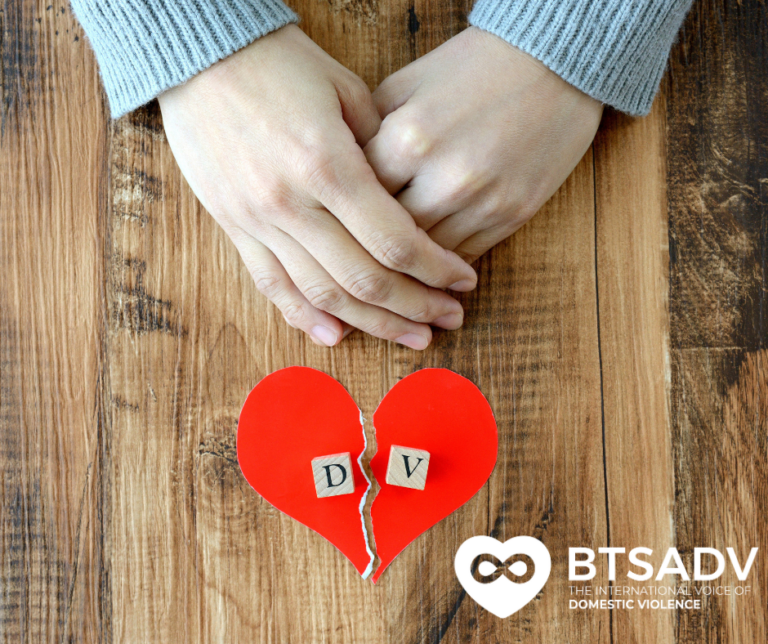Consent is a dynamic, ongoing dialogue with oneself. It’s a process shared with those we invite into our lives, where we communicate our needs and desires.
In any relationship, consent forms half of an ongoing agreement between partners. It encompasses what we do or do not wish to experience, both in the moment and the broader scope of the relationship. Central to this dialogue is our sense of self and safety—mental, emotional, and physical. Think of it as a continual assessment of the present and past, guiding our future choices.
Consent revolves around safety. In any relationship, there’s an implicit understanding that both parties strive to ensure each other’s safety. This principle extends to various aspects of life, such as the protocols in a bank for ensuring security. Similarly, in intimate relationships, mutual consent is essential—it’s about agreeing or disagreeing freely, explicitly, and enthusiastically.
Yet, the concept of consent isn’t always clear-cut. I, too, once believed that marriage shielded me from abuse or violation. I thought that by exchanging vows, I had entered a realm of unbreakable rules and expectations, leaving me with no choice but to endure harmful behaviors.
However, reality proved otherwise. When my partner violated our vows, the path to resolution wasn’t straightforward. I expected that pointing out the breach would lead to a simple resolution—a classic case of contractual obligation. Yet, relationships are fluid; they evolve, and our boundaries shift. What we consented to yesterday might not align with our feelings today.
In my marriage, I gradually realized that my boundaries were being eroded. I learned that consent isn’t just about saying “yes” or “no” at the moment; it’s about feeling safe and respected consistently. Unfortunately, societal norms and cultural expectations often pressure individuals, particularly women, into accepting behaviors that make them uncomfortable.
Understanding consent means recognizing that our boundaries are fluid and subject to change. It means acknowledging that “no” always means “no,” and any form of coercion or manipulation is a violation of consent. Consent is about feeling empowered to voice discomfort and knowing that our safety trumps others’ desires.
In essence, consent is an ongoing conversation, where both partners feel comfortable expressing their needs and boundaries. It’s about respecting each other’s autonomy and understanding that consent is never implied—it’s explicit, voluntary, and subject to change.










